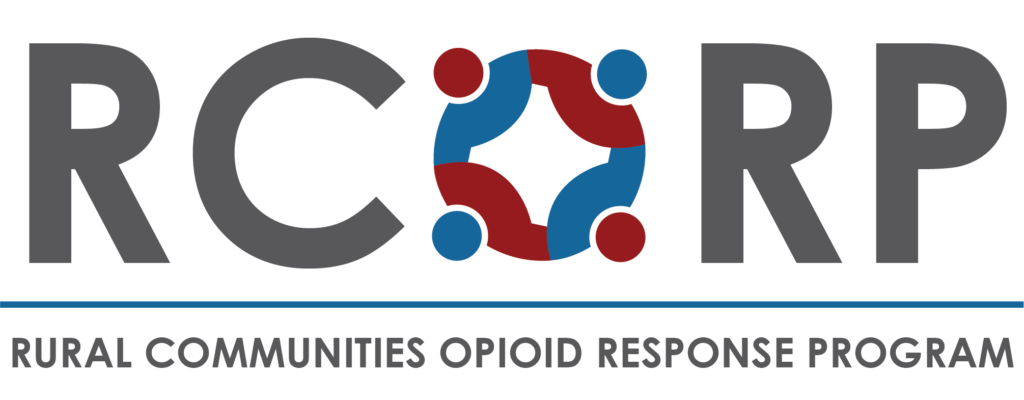Strategies to streamline access to addiction treatment medications and creating equitable policies and procedures.
In this course, we’ll cover changes in the illicit drug supply and how these changes are impacting trends in overdoses and deaths. We’ll discuss how to create a plan to support safe use of life-saving addiction medications in recovery homes, minimizing the risk of diversion. We also outline strategies to help you evaluate options for working with different kinds of healthcare providers that can work with you to streamline your residents’ access to addiction treatment medications. We’ll introduce a resource you can use to evaluate your best options in providing mutual support curricula and peer support groups that don’t stigmatize medications for addiction. We’ll help you to create policies and procedures to safely and manage FDA-approved addition medications on-site, with special attention to the Department of Justice guidance on the Americans with Disabilities Act that assures access to medications for treating opioid use disorder. Finally, we’ll review compliance concerns with this act and the Fair Housing Act, sharing case scenarios and additional resources you may wish to tap into.

